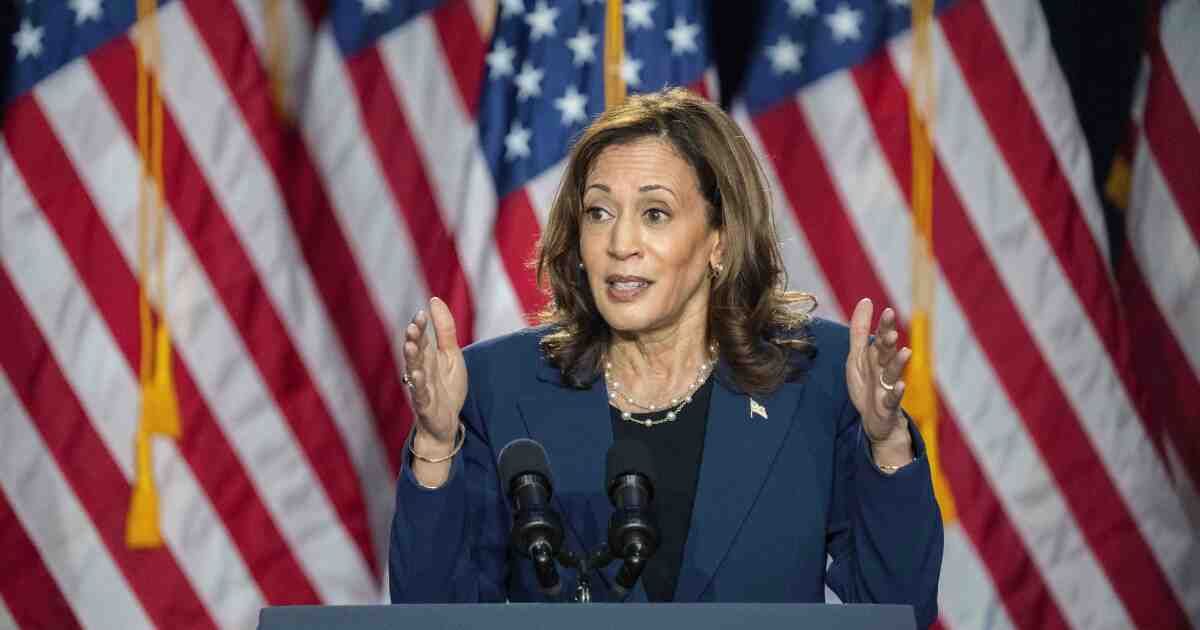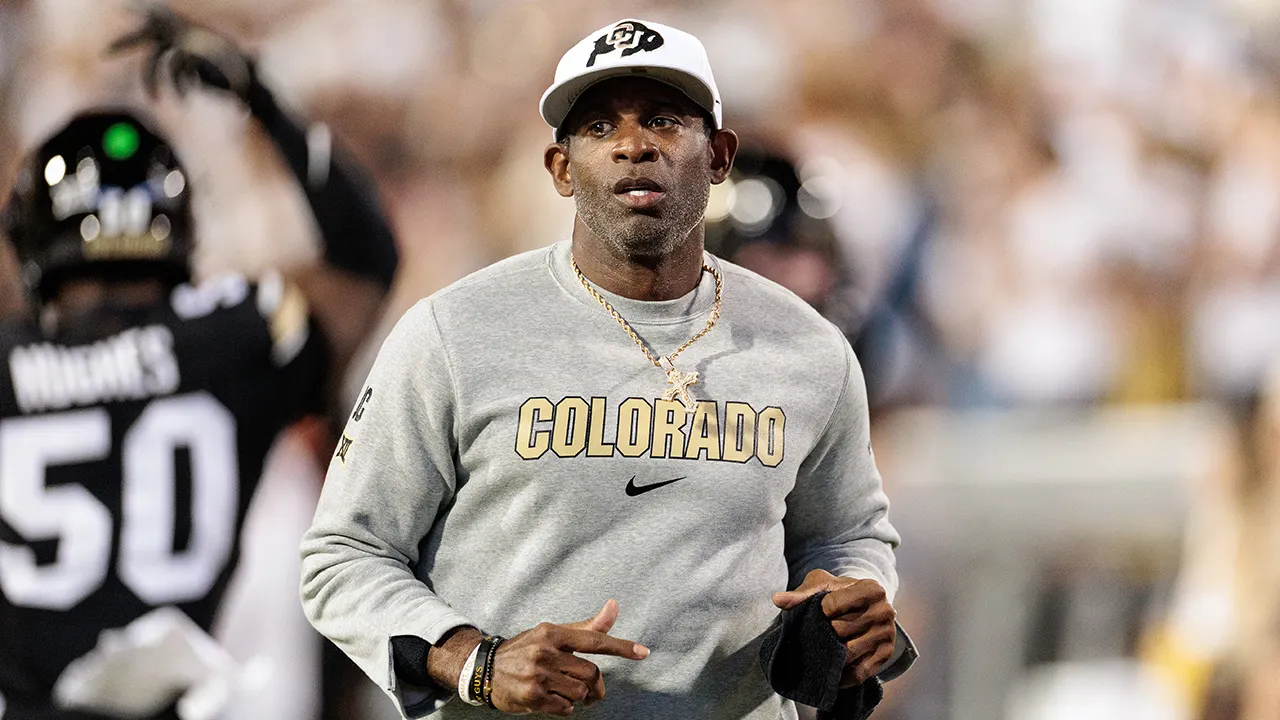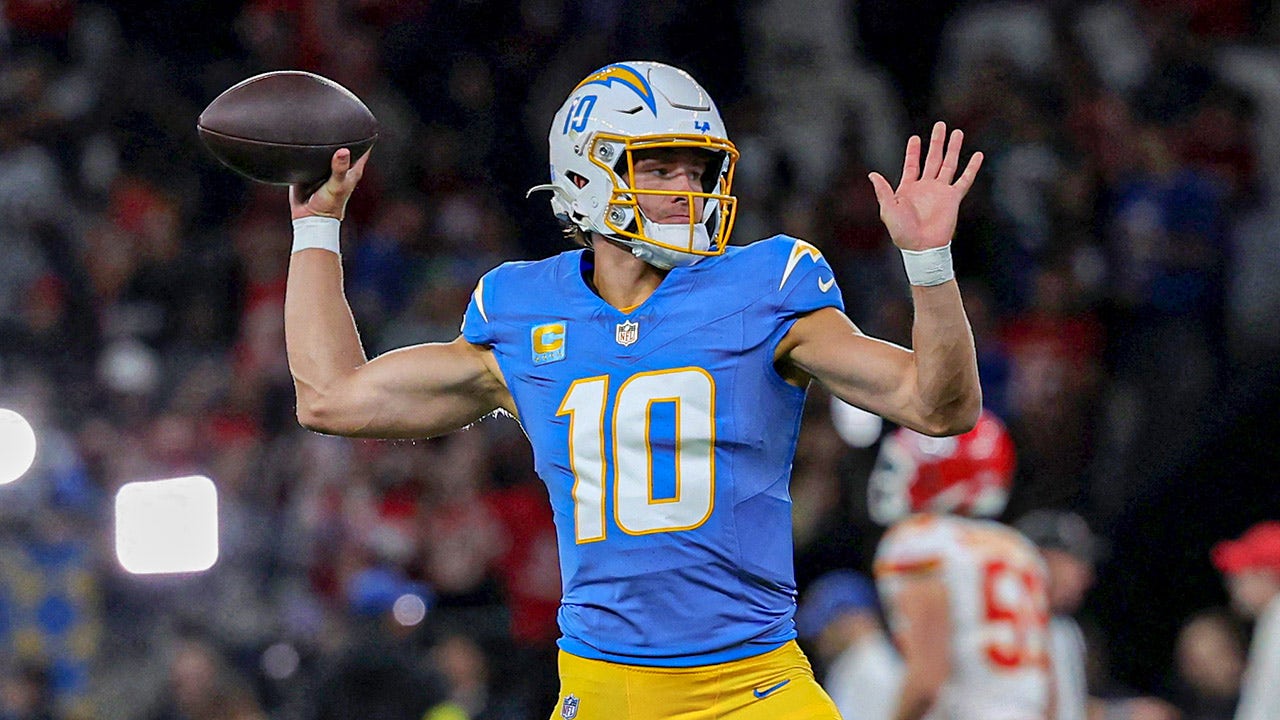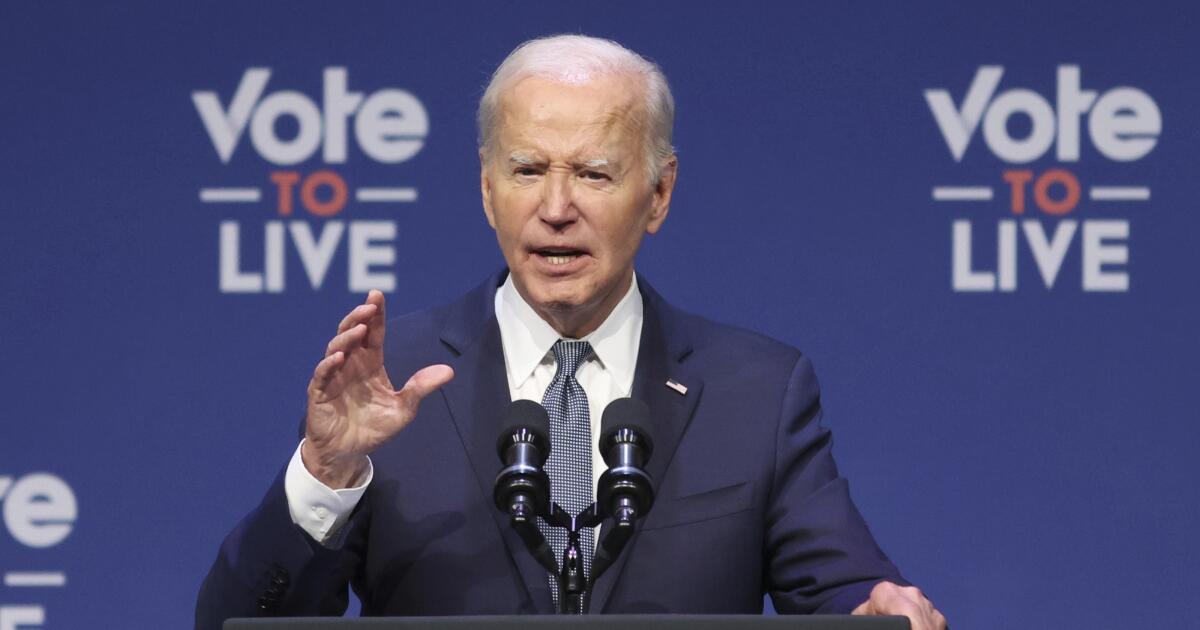As Vice President Kamala Harris solidifies support among Democrats to become the party's 2024 presidential nominee, one key question dominates the political conversation: Who would be her running mate?
There is widespread consensus that Harris, of Jamaican and Indian descent, would choose a white, heterosexual man — a strategic decision in a nation that has never elected a woman, let alone a woman of color, as its leader.
Elected officials reportedly in contention include Govs. Josh Shapiro of Pennsylvania, Roy Cooper of North Carolina and Andy Beshear of Kentucky, as well as Arizona Sen. Mark Kelly.
Some have raised the possibility of Harris choosing California Gov. Gavin Newsom as her second candidate, but the Constitution’s 12th Amendment prohibits running mates from residing in the same state. And the image of two leaders whose political careers were forged in San Francisco would be an endless resource for conservatives who have long used the city as a symbol of liberal policies that lead to dysfunction and disaster.
Harris has a short window of opportunity to make her choice: The Democratic National Convention begins in less than four weeks in Chicago. The strategic calculus for her selection is also different from traditional presidential campaigns, when candidates typically choose a running mate to shore up weaknesses in their resumes.
In 2008, Democrat Barack Obama — a relatively inexperienced senator from Illinois — chose Joe Biden because of his foreign policy experience. In the same race, then-Senator John McCain of Arizona chose Alaska Gov. Sarah Palin in an attempt to appeal to women and the non-institutionalized wing of the Republican Party and put a younger politician on the ticket.
But President Biden's announcement on Sunday that he would not seek re-election has thrown historic electoral norms out the window and created an unprecedented moment in American politics.
“Sometimes people think of these elections as a way to unify the party and its different wings,” said Thad Kousser, a political science professor at the University of California, San Diego. “I don’t think there are any wings of the party that aren’t united.” [Democratic] “At this point, the party is not the one that is against Donald Trump. I think the decision will be based on the possibility of being elected.”
Each of the men mentioned as possible candidates offers potential advantages, but also disadvantages.
Shapiro, considered a front-runner, is the governor of a state that is crucial to the Democrats' bid for the White House. Although he has been Pennsylvania's chief executive for less than two years, the 51-year-old is regarded as a skilled speaker and a politician who seeks bipartisan consensus.
On Tuesday, Shapiro told reporters that he had not been asked to provide investigative documents to the Harris campaign.
“The vice president should make that decision without any political pressure,” he said, according to the CBS affiliate in Philadelphia. “It’s a decision that is up to her. She will make it at a time of her choosing.”
Some political observers have questioned whether the inclusion of Shapiro, who is Jewish, on the ticket could hurt Harris' chances of winning in the critical swing state of Michigan, which has a significant number of Muslim-American voters, as well as among progressive voters who have criticized the Democrats' approach to the conflict between Israel and Hamas.
Shapiro is a staunch supporter of Israel but has been critical of Prime Minister Benjamin Netanyahu's leadership even before Hamas's attack on the country on Oct. 7.
Harris's husband, Doug Emhoff, a Los Angeles-based entertainment lawyer, is also Jewish, leading some to argue that voters who are concerned about Harris's views on the war are unlikely to vote for her.
Kelly, a former astronaut and husband of Gabby Giffords, a congresswoman who was seriously injured in an assassination attempt in 2011, is also seen as a leading candidate to be Harris’s running mate. Arizona, once a reliably Republican state, is now a battleground that narrowly supported Biden over Trump in 2020 but backed Trump over Hillary Clinton in 2016.
The day after the disastrous June debate between Biden and Trump, which sparked a flurry of calls for the president to end his reelection bid, Harris appeared with Kelly in Las Vegas (in the swing state of Nevada) and praised his service to the nation.
Kelly focused on similarities among Western states, particularly their Latino populations.
Nevada and Arizona “are going to play a very important role in determining the direction of this country,” Kelly said, according to the Arizona Republic. “That’s why I’m here. Because Nevada, Arizona and our country are facing a choice — a choice between continuing the progress we’re making or going backwards.”
Kelly also faces hurdles, including Democratic concerns about holding on to a Senate seat in a state that appears to be leaning increasingly right at a time when the chamber is closely divided.
Additionally, labor leaders who have largely lined up behind Harris’s candidacy are alarmed by Kelly’s lack of support for the Protecting the Right to Organize Act, federal legislation that would expand unions’ ability to organize and collectively bargain, weaken states’ “right to work” laws and empower workers. On Wednesday, Kelly told the Huffington Post that she supports the legislation.
Cooper of North Carolina and Beshear of Kentucky are not from states likely to support Harris in the November election, but they are governors who have demonstrated an ability to win over conservative voters. If Harris were to choose either of them, it could be seen as an effort to appeal to moderate voters who could be decisive in key states in the November election.
Harris is a close friend of Cooper's since both were attorneys general in their respective states. And while North Carolina is considered a Republican state, the former Sunday school teacher has repeatedly won statewide elections there.
Cooper has been reticent when asked if he would seek to be Harris' running mate.
“I appreciate people talking about me,” he said Monday on MSNBC. “But I think the focus right now needs to be on [Harris] this week.”
Beshear has also demonstrated an ability to appeal to Republican voters, and his criticism of Trump’s vice presidential nominee — Ohio Sen. J.D. Vance, who has played up his Appalachian roots and family ties to Kentucky — has been virulent.
“He's not from here,” Beshear told the Associated Press this week.
Vance’s political career was built on his 2016 book, “Hillbilly Elegy,” a best-seller that some say captured the struggles of rural Americans while others argue relied on stereotypical tropes that failed to mention the historical exploitation of Appalachia.
“You can’t come to Eastern Kentucky a couple of times in the summer and then maybe for a wedding or a funeral and judge us,” Beshear said Monday. “It’s offensive.”
Asked if he wanted to become Harris' running mate, the Kentucky governor did not directly answer, saying he planned to serve out the remainder of his term.
“The only way that won’t happen is if I have the opportunity to help Kentuckians in a different way that would bring additional value,” he said.
According to a CBS News report on Wednesday, these names are among a dozen being considered. Other names being considered include Governors J.B. Pritzker of Illinois, Gretchen Whitmer of Michigan and Tim Walz of Minnesota, as well as Biden Cabinet members Gina Raimondo, Secretary of Commerce, and Pete Buttigieg, Secretary of Transportation.
Some liberal strategists urged Harris to be bold and set aside the conventional wisdom that it would be politically unwise to select a woman, a person of color or someone from the LGBTQ+ community.
“It’s time for us to think beyond the frameworks we’ve allowed to define what makes a winning presidential ticket. The white, Christian, straight, traditional male as the epitome of American leadership can no longer be the default choice,” LaTosha Brown, co-founder of Black Voters Matter, said in a statement.
“Straight white men have never been able to save this nation on their own. While they have been the face of political leadership for decades, America has never moved forward without the drive, the push, and the creative leadership of a diverse group of Americans, particularly women and communities of color,” Brown said. “Our nominees must reflect this truth.”












